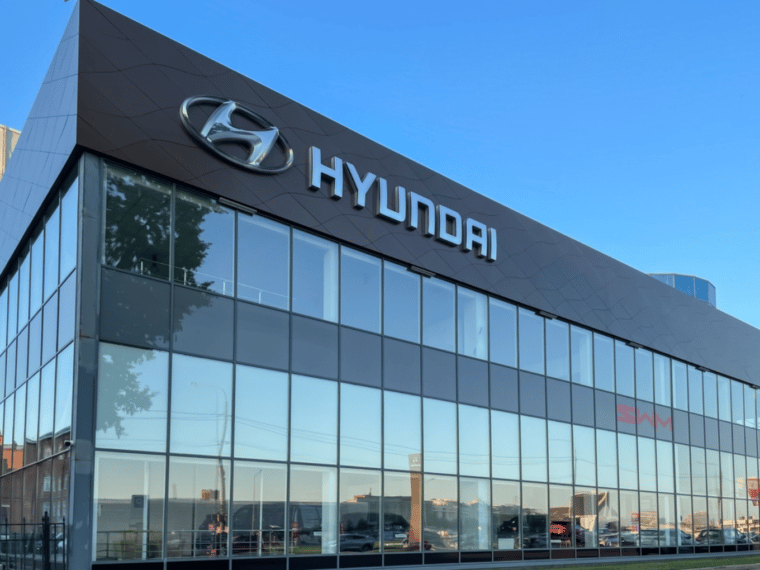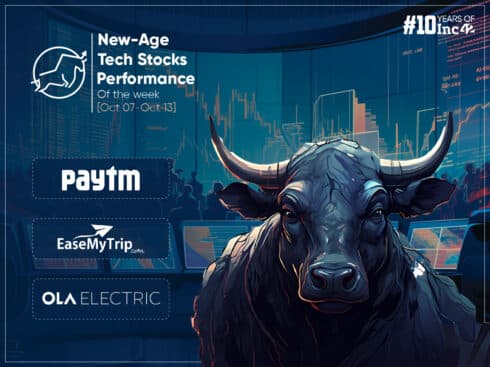
The automaker’s MD projected that the EV growth will likely come on the back of increased focus from various companies on the local market and robust government support
Reflecting on the Indian EV market, Hyundai Motor India MD Unsoo Kim noted that the Indian EV ecosystem is still at an "early stage of electrification”
On the back of government subsidies as well as a surge in investments, Indian EV startups lapped up 32 deals last year, despite the ongoing funding winter
Ahead of its much-awaited public listing, Hyundai Motor India’s managing director (MD) Unsoo Kim has said that the Indian EV market is poised for “strong and steady” growth until 2030.
The automaker’s MD has projected that this growth will likely come on the back of an increased focus from various companies on the local market and robust government support. Further reflecting on the Indian EV market, Kim noted that the country is at an “early stage of electrification”.
“We believe that the Indian EV market is expected to grow strongly and steadily by 2030, mostly led by the government’s strong leadership and many OEMs’ focus on this segment. HMIL has access to global battery technologies, so we are developing an EV ecosystem,” Kim added.
Despite his optimism, data from the Federation of Automobile Dealers Associations (FADA) indicated a concerning trend in September 2024, with electric car sales dropping by 8% year-on-year (YoY) to 5,874 units.
Meanwhile, Hyundai Motor India Limited’s (HMIL) chief operating officer (COO) Tarun Garg pointed out that the slowdown in the Indian EV market should not be compared with the global EV market, as the latter relatively has a much higher level of EV penetration.
“We are still at a low level of electrification. There is only one way up,” Garg added.
For the uninitiated, Hyundai Motor India has announced plans for India’s largest-ever IPO and aims to raise INR 27,870 Cr (around $3.3 Bn). The company’s IPO will comprise solely of an offer for sale (OFS) component of 14.2 Cr shares, which will see parent Hyundai Motor Corporation (HMC) offload its stake.
This will dilute HMC’s stake from 100% to 82.5% initially, and the company has plans to further reduce it to 75% over the next few years to comply with regulatory requirements.
The development comes at a time when the Indian EV space is witnessing healthy growth on the back of government subsidies and production-linked-incentives (PLIs), as well as a surge in investments.































 Ad-lite browsing experience
Ad-lite browsing experience